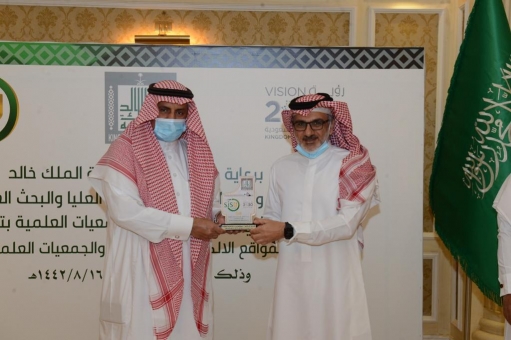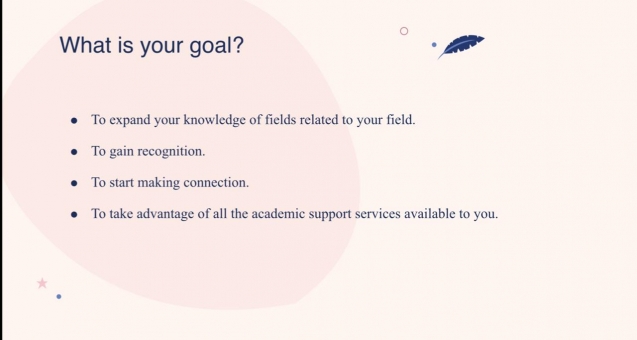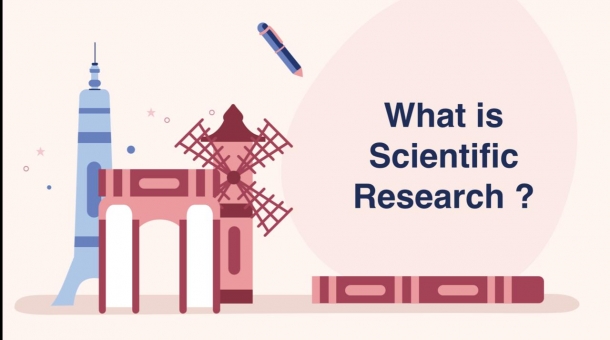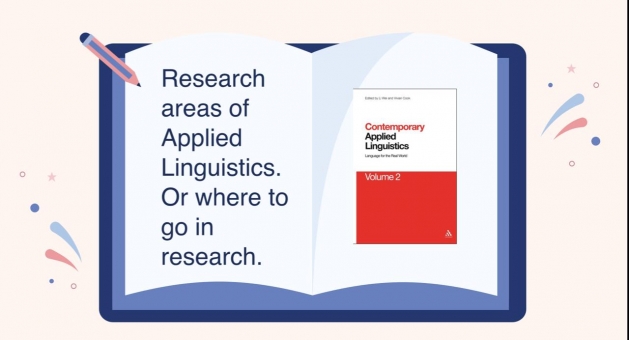Faculty Member Delivers Session on Annotated Translation
Dr. Eyhab Bader Eddin has undertaken a fresh initiative for bringing "Annotated Translation" to light. Annotated Translation is a fascinating yet complex subject that has increasingly come to prominence and gained currency for being adopted as a major assessment method for Translation students in both undergraduate and graduate programs. Although a firm dividing line could be drawn between 'annotated translation' and 'translation commentary', they both have been used interchangeably in his session open to the public during the Spring 2021 semester. Dr. Bader Eddin delivered a 2-hour-long session — titled "Annotated Translation: Showing students the ropes — on the fundamentals of the subject", drawing attendees' attention to the seminal book, which was the first of its kind, fully devoted in a book-size work to this subject. Viz. Sewell's 2002 (Translation Commentary: The Art revisited). The session tackled such points as definition, How should an annotated translation look like? What should it include and exclude, desirable and undesirable features, marking criteria for translation commentary, steps to initiate a translation annotation project, and some illustrative practical examples. Some tangible examples have been offered to link theory to practice, as a rarely distinguished feature in translation. The session was followed by some assignments to ensure the attendees had grasped the content of the session.
To view all webinars, please click here.
Date: 5/6/2021
Source: Faculty of Languages and Translation





